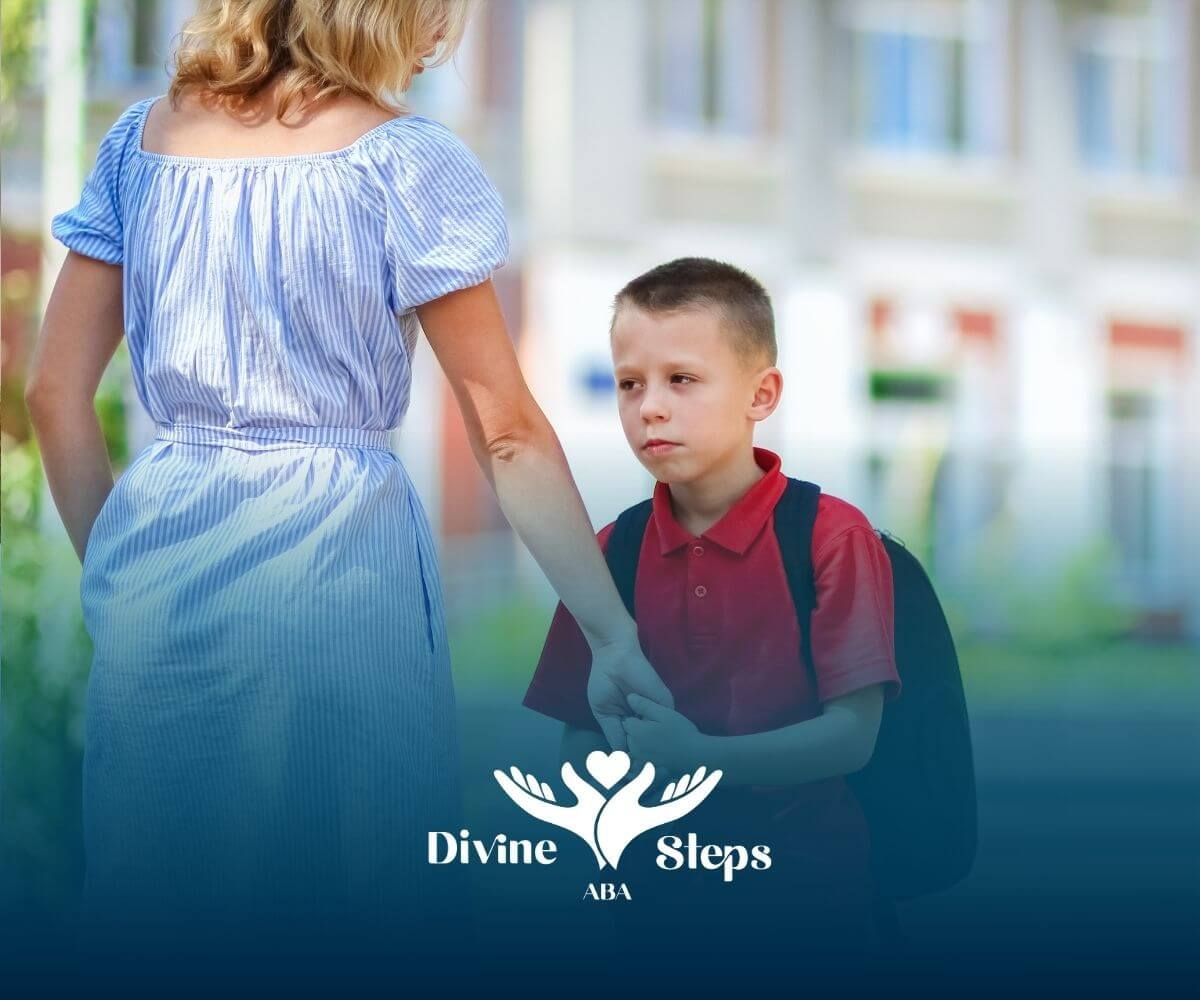Website by CWS
Do Children with Autism Get Special Education?
Children with autism often have unique learning needs that can make traditional classroom settings challenging. Because of this, many parents wonder if children with autism are eligible for special education services.
The short answer is yes—children with autism are eligible for special education, and in many cases, these services can make a significant difference in their development and education.
Special Education and Autism
Special education is a broad term that refers to tailored educational programs designed to meet the individual needs of children with disabilities, including autism.
According to the Individuals with Disabilities Education Act (IDEA), children with autism are entitled to a free and appropriate public education (FAPE) in the least restrictive environment (LRE).
This means that schools must provide educational support that is tailored to each child's specific needs, ensuring they have access to the same opportunities as their peers.
How Special Education Works for Children with Autism
Children with autism often benefit from a combination of accommodations and modifications within the classroom, as well as specialized services. These might include:
- Individualized Education Program (IEP): An IEP is a legally binding document that outlines the specific services, accommodations, and goals for a child’s education. For children with autism, the IEP is customized to address their unique challenges, whether those are related to communication, social interaction, sensory processing, or behavior. The plan is developed by a team that includes teachers, therapists, parents, and sometimes medical professionals.
- Behavioral Support: Applied Behavior Analysis (ABA) therapy is often part of the special education plan for children with autism. ABA is a research-backed therapy that focuses on reinforcing positive behaviors and reducing challenging ones. ABA can be incorporated into the school setting to help children with autism develop social skills, communication, and self-regulation.
- Social Skills Training: Many children with autism have difficulty with social interactions. Special education programs may include social skills groups where children can practice how to interact with peers, understand social cues, and develop friendships. These programs help children feel more confident and comfortable in social situations.
- Speech and Occupational Therapy: Some children with autism require additional support, such as speech therapy to improve communication or occupational therapy to address sensory processing challenges. These therapies are often integrated into the school day to provide a well-rounded support system.
The Role of the IEP in Special Education
The IEP is a central part of special education for children with autism. It is developed to ensure that each child’s education is tailored to their specific needs.
The IEP is a collaborative effort involving the child's parents, teachers, therapists, and sometimes medical professionals, and it is reviewed and updated regularly. This ensures that the support the child receives evolves with their needs and progress.
The IEP will also include goals that are measurable and trackable, focusing on key areas like improving communication, behavior, and academic skills.
For example, a child might have goals related to learning how to request items appropriately, managing sensory overload, or improving focus during class activities.
What Happens Outside of School?
In addition to special education services in schools, children with autism often benefit from therapies and interventions outside of the classroom. Many parents seek ABA therapy or in-home therapy services to further support their child’s development.
These therapies can be tailored to the child’s individual needs and work in tandem with the school-based special education services to create a comprehensive support system.
At Divine Steps Therapy, we provide ABA therapy services for children with autism in Maryland, Virginia, and North Carolina. Our experienced team works alongside parents, teachers, and schools to ensure that each child receives the best possible support both at school and at home.
Whether your child is in need of in-home ABA therapy or school-based services, we can help create an environment where they can thrive.
FAQs
Do children with autism receive special education services?
Yes, children with autism are eligible for special education services under the Individuals with Disabilities Education Act (IDEA). These services include tailored educational programs, therapies, and accommodations to help them succeed academically, socially, and behaviorally.
What is an IEP and how does it help children with autism?
An Individualized Education Program (IEP) is a personalized education plan developed for children with autism. It outlines specific goals, accommodations, and services to support the child's learning and development, ensuring they receive the resources they need in the classroom.
What types of therapies are included in special education for children with autism?
Special education for children with autism often includes therapies like Applied Behavior Analysis (ABA), speech therapy, occupational therapy, and social skills training. These therapies help address specific needs such as communication, socialization, and sensory processing.
Sources:
- http://www.ed.gov/laws-and-policy/individuals-disabilities/idea
- https://ncld.org/wp-content/uploads/2024/05/240502-Learn-the-Law-Individuals-with-Disabilities-Education-Act.pdf
- https://www.understood.org/en/articles/individuals-with-disabilities-education-act-idea-what-you-need-to-know
- https://diabetes.org/advocacy/safe-at-school-state-laws/individuals-with-disabilities
- https://www.cune.edu/news/understanding-special-education-focus-autism




